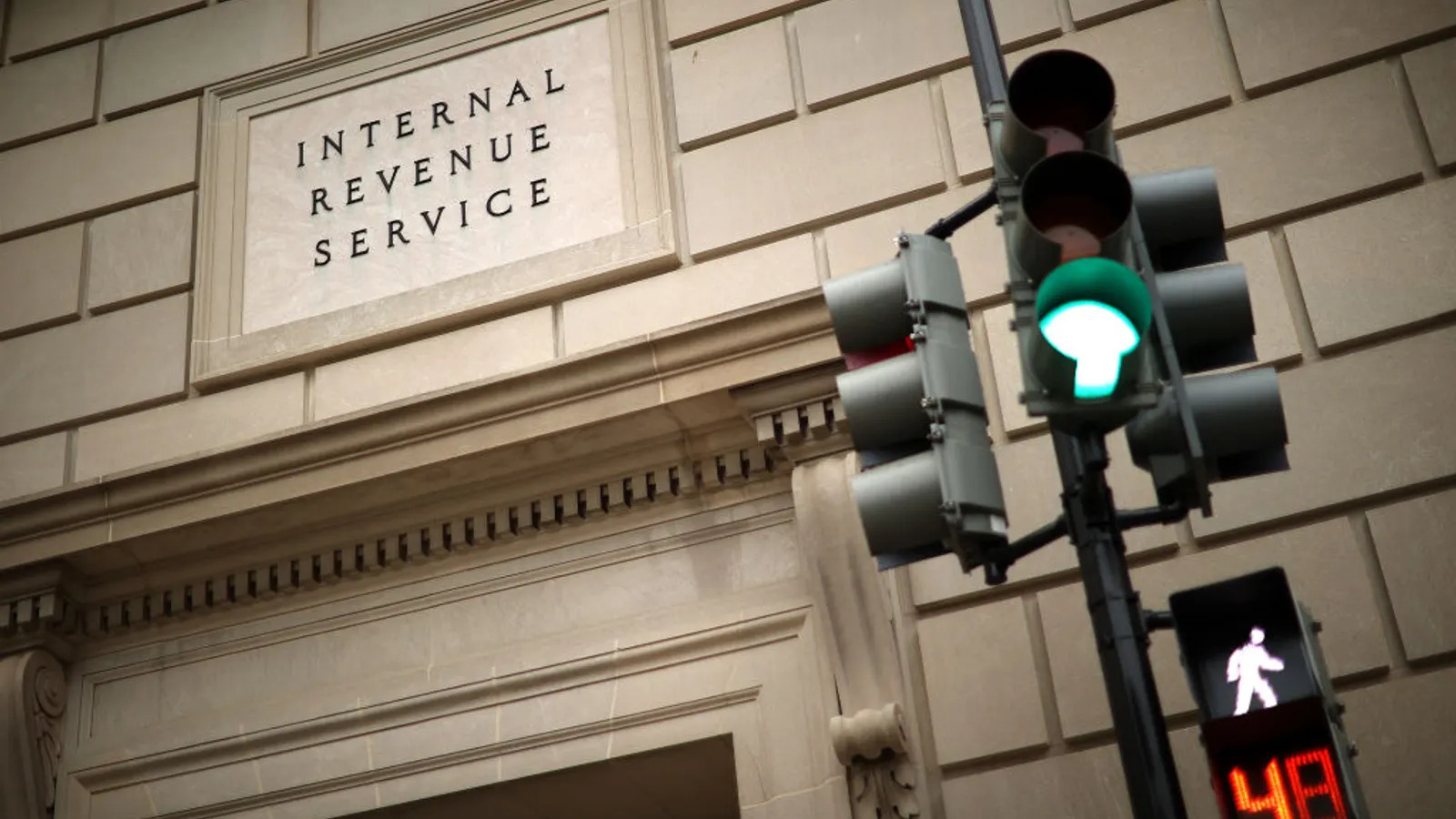Analysis-Investors cheer US-China tariff truce, but cautious over a final deal
By Amanda Cooper, Samuel Shen and Lewis Krauskopf
LONDON/SHANGHAI/NEW YORK (Reuters) -A truce in the U.S.-China trade war set off a relief rally in stocks on Monday and propelled the dollar higher, but investors fear further negotiations could prove a long slog, as risks of a global economic slowdown persist.
After two days of talks with Chinese officials in Geneva, U.S. Treasury Secretary Scott Bessent said the two sides agreed to a 90-day pause under which tariffs would fall by over 100 percentage points.
That leaves U.S. tariffs on Chinese goods at 30% from May 14 to August 12 and Chinese duties on U.S. imports at 10%. The outcome exceeded the hopes of many investors ahead of the talks.
The dollar jumped over 1% against a basket of major currencies, as the yen and Swiss franc fell along with other safe-haven assets like gold and government bonds.
U.S. stocks soared, with the benchmark S&P 500 index ending up 3.3%, while the tech-heavy Nasdaq Composite jumped more than 4%.
U.S. Treasury prices sagged, sending the benchmark 10-year Treasury yield to 4.48%, its highest in about a month, as investors shed safe havens and scooped up risk assets. MSCI's index of global shares rose over 2%.
The Cboe Volatility index, an options-based measure of investor anxiety, fell below 20 for the first time since late March.
"This is a relief rally that the worst case scenario in tariffs, being tariffs over 100%, is not likely to materialize," said John Praveen, managing director at Paleo Leon in Princeton, New Jersey. "We may not get zero tariffs but the worst case is unlikely. We've pulled back from the brink."
The cheer was tempered by caution, given a more permanent trade deal needs to be struck, while higher tariffs overall could still weigh on the global economy.
"It's long-term positive plus 90 days of uncertainty," said Charles Wang, chairman of Shenzhen Dragon Pacific Capital Management Co.
Michael Metcalfe, head of macro strategy at State Street Global Markets in London, estimated that Monday's U.S.-China deal implied an average effective tariff rate of around 15%.
"Given where expectations were, it's a net positive," he said. "You basically reverse the reciprocal tariff announcement, and if you reverse the reciprocal tariff announcement you are back to square one."
U.S. President Donald Trump had imposed tariffs of 145% on imports of Chinese goods. China in turn raised tariffs on U.S. goods to 125% and limited exports on some vital rare earth minerals.
Those measures had brought nearly $600 billion in two-way trade to a standstill, disrupting supply chains and sparking fears the global economy could crater.
Latest News
- NRG acquiring LS Power portfolio for nearly $10 billion to compete in “power-demand supercycle” of data centers
- Gold Prices Tumble. What the Latest Tariff News Means for Newmont and Other Stocks.
- NRG Energy Stock Soars After $12 Billion Power Portfolio Purchase
- Car Stocks Accelerate on U.S.-China Truce
- IRS sets new HSA caps for 2026
- The Market’s Fear Gauge Is Flashing Green as Nasdaq Nears New Bull Market













